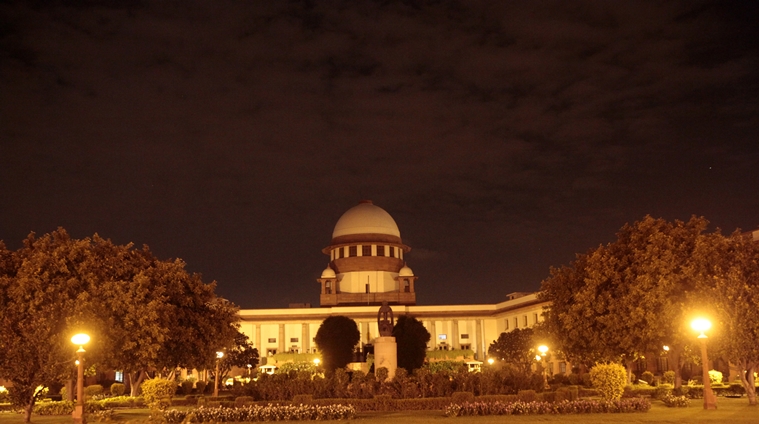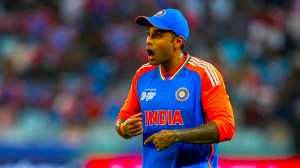Stay updated with the latest - Click here to follow us on Instagram
Jessica Lall murder trial: SC quashes case against ballistic expert accused of helping Manu Sharma
The Supreme Court has quashed a perjury case initiated against a ballistic expert who was accused of helping Manu Sharma and others secure an acquittal in the trial court in the 1999 Jessica Lall murder case.
 Supreme Court
Supreme Court
The Supreme Court has quashed a perjury case initiated against a ballistic expert who was accused of helping Manu Sharma and others secure an acquittal in the trial court in the 1999 Jessica Lall murder case.
A bench of Justices T S Thakur and Kurian Joseph dropped penal charges against Prem Sagar Manocha, who was being prosecuted on the orders of the Delhi High Court, for allegedly helping the accused float a ‘two-weapon theory’ to create confusion about the gun used in firing the fatal shot at Jessica.
The high court was irked by Manocha’s statement in the trial court, where he said that two cartridges appeared to have been fired from two different firearms. However, in his report, he had said that no conclusive evidence could be formed until the weapons concerned were available for inspection.
However, the apex court bench said that it was not Manocha’s fault since the trial court insisted on an opinion from him, although he had already said he could not give a definite judgment about the gun used in the incident by examining only the cartridges.
“It is significant to note that the appellant’s opinion that the cartridges appeared to have been fired from different firearms was based on the court’s insistence to give the opinion without examining the firearm. In other words, it was not even his voluntary, let alone deliberate, deposition,” it said.
The court held that “it is unjust if not unfair to attribute any motive to the appellant (Manocha) that there was a somersault from his original stand in the written opinion”. The bench said that his oral statements could not be construed as his final opinion since he had added that the firearms needed to be inspected before forming a definite opinion.
“Thus and therefore, there is no somersault or shift in the stand taken by the appellant in the oral examination before court… It is not a clear, conclusive, specific and definite opinion. We fail to understand how the stand taken by the appellant, as above, attracts the offence of perjury,” noted the bench.
The court added that an expert, in such a situation, would probably not have given a different opinion. “Merely because an expert has tendered an opinion while also furnishing the basis of the opinion and that too without being conclusive and definite, it cannot be said that he has committed perjury so as to help somebody,” it held.
After a number of witnesses, including Manocha, had turned hostile, the trial court had in 2006 acquitted all the 10 accused in the case, including Manu Sharma, son of senior Congress leader and former Union Minister Venod Sharma.
After the acquittal triggered an outcry across the nation, the high court set aside the trial court’s order in December 2006 and convicted all of the accused. Manu Sharma was sentenced to life in prison.
The high court also initiated suo motu criminal proceedings against 32 witnesses, including Manocha. The convicts had later approached the Supreme Court, which had upheld their conviction.







